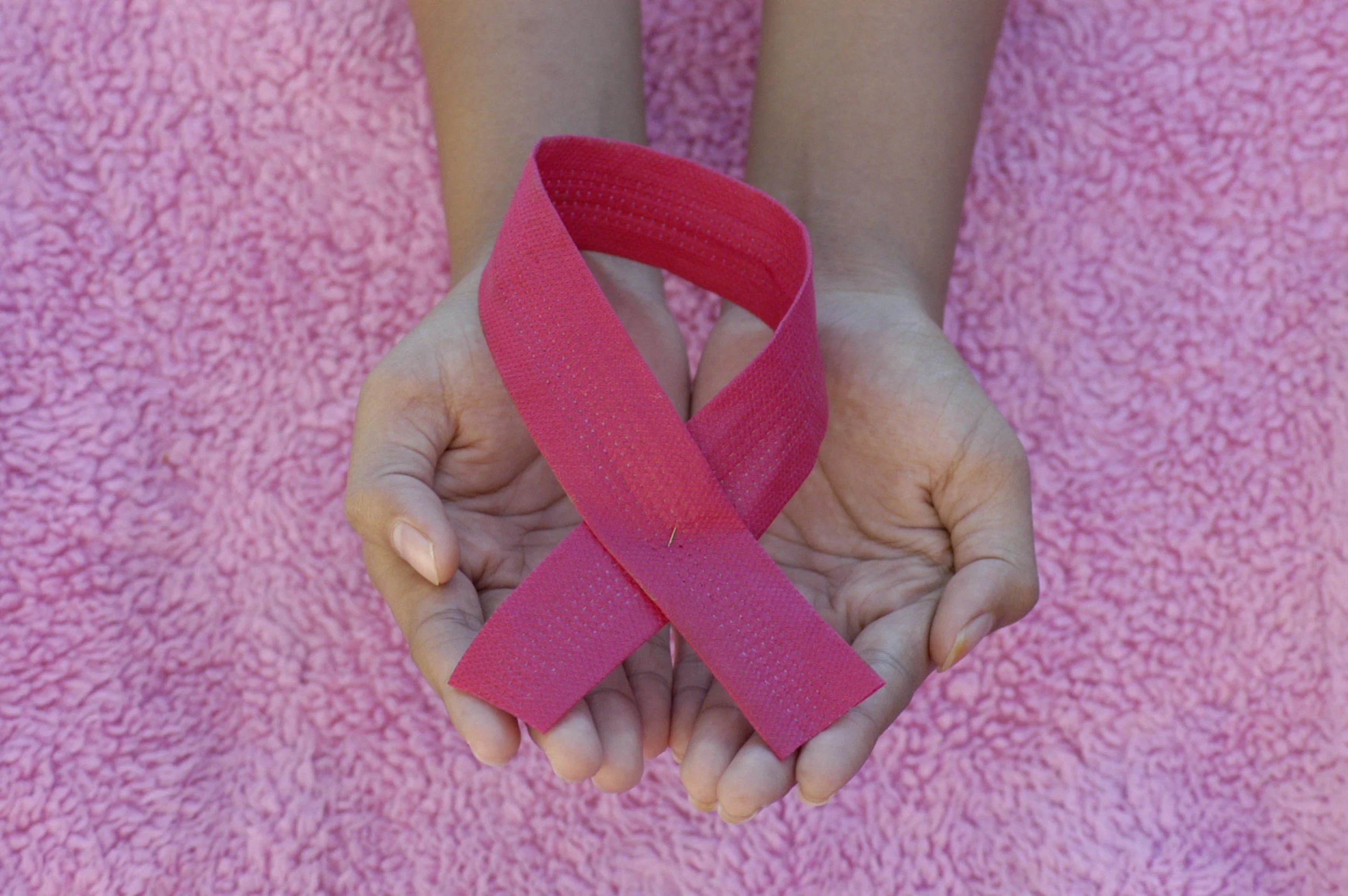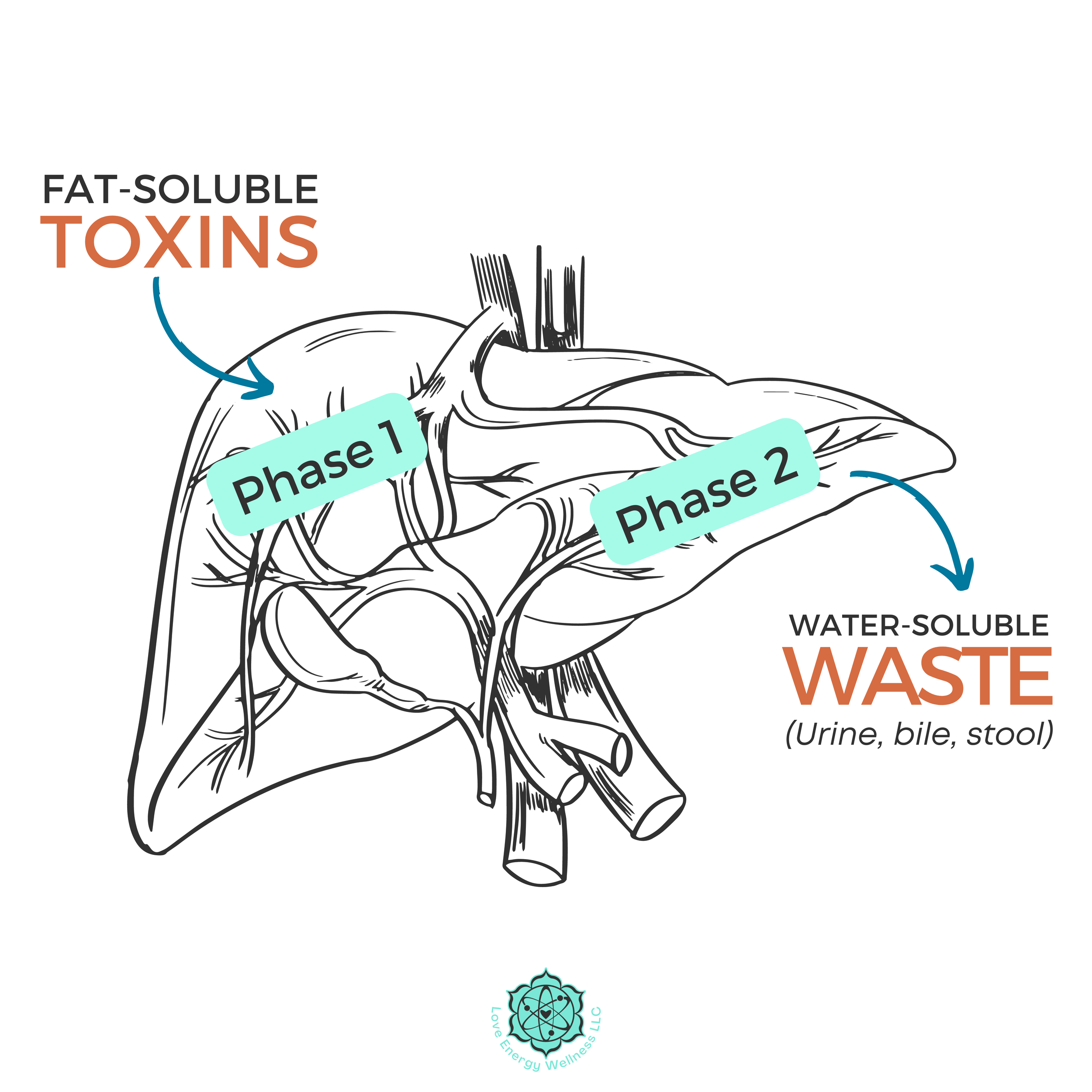In today's fast-paced world, detoxification has become a buzzword synonymous with health and wellness. From fancy teas to juice cleanses, numerous trendy detox methods claim to flush out toxins and restore vitality. However, amidst the noise, a functional medicine detox stands out as a scientifically backed and holistic approach to detoxification.
Unlike fleeting trends, a functional medicine detox focuses on phase 1 and phase 2 nutrients required by the liver, offering a myriad of benefits that extend far beyond short-lived results. While teas and juice have their own benefits, they simply don’t contain the nutrients needed to detoxify the liver.
In this blog, we explore the unique advantages of a functional medicine detox and shed light on how it differs from trendy detox teas and cleanses.
Understanding a Functional Medicine Detox
Functional medicine detoxing is an approach rooted in the principles of functional medicine, which aims to identify and address the underlying imbalances that contribute to toxicity and disease. Instead of solely focusing on symptoms, functional medicine delves deeper, examining factors such as nutrition, gut health, stress levels, environmental toxins, and genetic predispositions. By beginning with a functional medicine detox, the body is able to release unwanted toxins and move towards a state of equilibrium to continue the process of healing.
Your Hardworking Liver
Your liver is an incredible organ responsible for detoxification within your body. On average, the human body contains approximately 10 pints (about 5 liters) of blood. It is the liver's role to filter this blood, ensuring the removal of harmful substances and maintaining overall health. Remarkably, the liver filters the entire blood volume approximately every six minutes. That amounts to more than 87,000 times per year, and by the age of 50, it will have filtered your blood more than 4.3 million times!
Put it into Perspective
To better understand the significance of this process, consider this: your liver filters all 10 pints of your blood more than 22,000 times every 90 days. To put it in relatable terms, think about changing the oil in your car every 5,000 miles when it tells you to. We pay careful attention to the maintenance of our vehicles, but often neglect giving our livers the love and support they deserve.
The Importance of Liver Support
Unfortunately, we tend to overlook the warning signs that our bodies give us, such as low energy, brain fog, poor sleep, and hormonal imbalances, attributing them to the inevitable effects of aging, as some medical professionals may suggest. Conventional medical schools often fail to teach the importance of liver support. However, ancient practices like Ayurvedic medicine, which dates back 6,000 years and is still in use today, recognize the significance of liver health in overall well-being.
The Benefits of a Functional Medicine Detox
A functional medicine detox embraces the wisdom of Ayurvedic medicine and offers a comprehensive approach to support liver health and detoxification. By addressing the root causes of toxicity, such as poor diet, chronic stress, environmental exposures, and impaired detoxification pathways, a functional medicine detox promotes sustainable and effective toxin elimination. This approach can lead to better quality sleep, weight loss, glowing skin, more energy, lowered inflammation, and so much more.
A functional medicine detox goes beyond trendy teas and cleanses by offering a scientifically backed and holistic approach to detoxification. By recognizing the extraordinary work of the liver and providing the support it needs via phase 1 and phase 2 specific nutrients, a functional medicine detox helps individuals optimize their health and vitality. It’s time to prioritize our well-being and give our bodies the attention and care they deserve. Let a functional medicine detox be the oil change your liver needs for a healthier, more vibrant life.
To learn how overburdened your liver may be, click the button below to take our free toxicity assessment!












